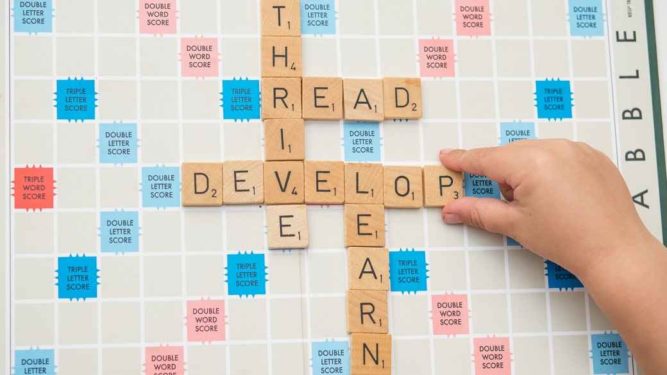Best for KS1 and KS2
Twinkl
Twinkl offers engaging printable content for Maths, English and Topic along with plenty of craft and holiday activities. There are paid subscription options but they’ve made much of their content free at the moment.
Literacy Shed
The best place for creative writing inspiration! Most schools spend an hour per week writing one longer piece. Recounting short shorties, creating a detailed setting description or answering ‘what happens next?’ style questions are all made easier here, on The Literacy Shed.
Online interactive resources
Reading
Oxford Owl ebooks
Printed books are always best but if your child is at an earlier reading stage Oxford Owl offers the book bands that they use at school. Again, sign up for a free account and make the most of the activities at the end of each story.
Roy the Zebra
Roy the Zebra is a great example of how to fully explore books with younger children – complete with questions to ask while reading and literacy-based activities.
Rising Stars
Rising Stars offer excellent reading material for more reluctant readers in KS2 and older. I like it because children can relate to the stories which are about football or school trips, for example, while improving vocabulary and experience of different texts.
Funbrain
Part reward-time website part educational, Funbrain has a selection of popular children’s books including Diary of a Wimpy Kid and Tom Gates to browse and read together.
Spelling and Grammar
Khan Academy
Khan Academy and their new app for ages 2 -7 is brilliant for goal-orientated learning. Create an account for each child so they can track their progress.
Crickweb
Simple but versatile, Crickweb offers interactive teaching resources for KS1. Offer older children in the family the chance to lead these activities and keep everyone engaged.
Grammar Explained
For parents wanting short and simple explanations in most areas of the English language, Grammar Explained is a great go-to. Also includes some interesting and little known facts for your weekly quiz!
British Council
Created for learners with English as their second language, the British Council website combines useful interactives with straightforward explanations of some tricky concepts. There are three different versions for adult, teenage and younger learners as well as an app for early years.
https://learnenglishkids.britishcouncil.org/short-stories/what-will-i-be-when-i-grow-up
Handwriting
Finally, the grammar warm-up is sorted, as is the story planner, the writing prompt and the list of tricky spellings – but how to avoid the veritable scrawl after two blank pages and thirty minutes? Handwriting is best managed before the event, with clear goals and demonstrations. The good news is it’s one of the easiest areas to improve at home.
Teach Handwriting
Teach Handwriting takes parents through the key milestones in developing cursive writing with physical activities to improve fine motor strength and accuracy.
